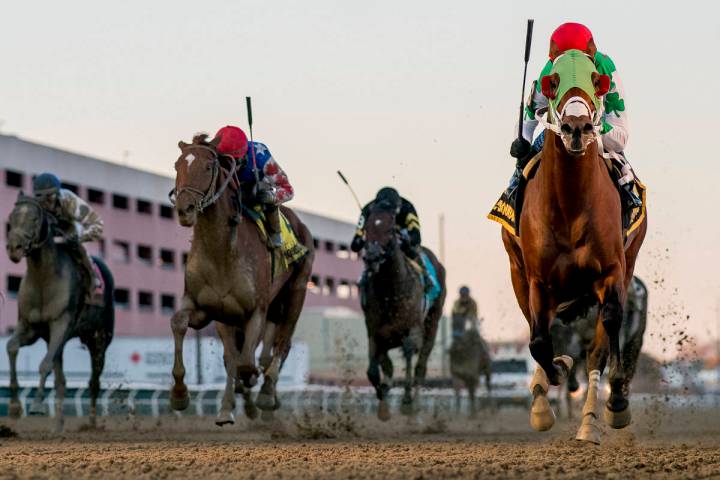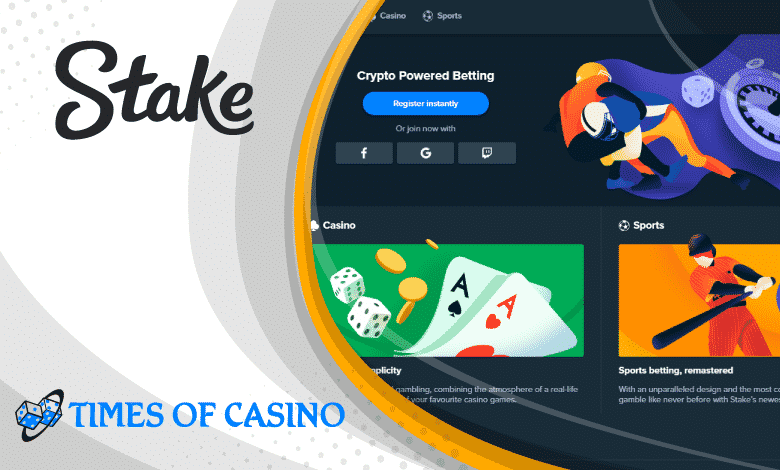- Hedge betting is a useful strategy even if sports betting types have different mechanics. For instance, a futures bet is a long-term bet that uses a moneyline. An individual game uses a point spread, while a moneyline may be used when betting on other sports.
- Betting huge amounts of money on sports is different than placing a couple of bucks on your favorite league for fun. You need to be careful with your investment and make sure that you make the best decisions. Here are several tips for high stakes sports betting.
- EXOTIC SPORTS WAGERS Parlay A parlay is a bet on 2 or more teams or selections. The customer can combine different sports, pointspreads and money lines. In a parlay your original stake and winnings.
The maximum stake will vary for different bets. If the stake you enter on the betting slip is above the maximum stake you will be given a few options. You can either lower your bet to the maximum stake.
For bookmakers, interest in the rapidly expanding US market comes as regulators threaten to clamp down on established markets. Taken together, however, those two trends hint at how differently the industry will operate in the years ahead.Whatever insecurities linger around the sports industry right now, one thing investors seem pretty confident about taking a punt on is betting.

Recent reports in Sportico gave Sportradar, a sports data and digital services firm whose partners include Fifa and all of the US major leagues, a potential valuation ‘north of US$10 billion’ if it closes a deal with one of the many SPACs it is reportedly in talks with, or if it issues a traditional IPO. The Swiss-based company’s estimated value is said to have grown from around US$8 billion in the past few months; the last time it welcomed a minority investment, from the Canada Pension Plan Investment Board and private equity firm TCV less than three years ago, that buy-in posted its worth at US$2.4 billion.
Sportradar has been well known for some time among sports rights holders and media companies for its ability to handle data, provide integrity solutions and support digital streaming services but there is no real doubt what is driving this surge of interest. The company’s credibility with bookmakers, and its canny relationship-building in North America, left it in a fantastic position to capitalise once the US Supreme Court struck down the Professional and Amateur Sports Protection Act (PASPA) – effectively lifting a federal bar on sports gambling – in May 2018.
This column is not one following the affairs of Sportradar – interesting though they are, with a legal battle looming against rival firm Genius Sports. But its rapid growth underlines the faith in an expanding sports betting market, even as changes in media habits and challenges to commercial practices in many territories promise to transform the sector.
There are plenty of other places from which to start making a similar point. Take the UK£8 billion (US$11.2 billion) offer that failed to land London-based Entain – owner of European brands like Ladbrokes, Coral and Bwin – for casino giant MGM in January. There are plenty more recent moves to confirm the overlap in the fates of sport and betting, from DAZN’s poaching of Entain’s chief executive Shay Segev as its co-chief executive, to the National Hockey League’s (NHL) procurement of an equity stake in its bookmaking partner PointsBet.
As SportsPro’s own Ed Dixon explores elsewhere on these pages in his invaluable analysis of the current US betting scene, gambling liberalisation has uncorked a fresh revenue stream for sports organisations and created a space in which to experiment, not least in digital broadcasting. Meanwhile, it promises tens of billions of dollars’ worth of opportunity to betting companies facing regulatory pressures elsewhere.
What Is Stake In Sports Betting Odds
All of this is coming, of course, as sport approaches a crunch in its own conventional media rights sale model. Future value for rights holders, and for the media companies they serve, is set to come from monetising attention as well as converting subscriptions.
There will be all manner of ways of achieving that in the next few years – from hyper-targeted sponsorships and integrated retail to microtransactions – but the time needed to scale those activities leaves the risk of a financial gap. Betting, on the other hand, is interactive, it is bringing in direct revenues, and it is ready to go right away.
That much is well understood. But collaboration of that kind is also in the interests of gambling companies. This, in part, is because they face the same battle for attention and share of wallet, inside and outside the sector, as anyone else. On the one hand, opportunities can emerge in areas like esports. On the other, the contest to supply adrenaline with a glint of potential upside is broadening: trading platforms like Robinhood and crypto-currency markets are competitors of a kind.
What Is Stake In Sports Betting Against

Moreover, the aforementioned government scrutiny and remedies to problem gambling are likely to have a massive impact on bookmakers’ operating habits. Here in the UK, a review of the 2005 Gambling Act is expected to recommend curbs or even an outright ban on betting sponsorship in an attempt to protect the young and at-risk. It could go further, with spending limits on casino gaming and in-play betting another possibility. In Spain, lawmakers are already asking that in-play stakes are paid for by funds already in a bettor’s online account, making it easier to identify and prevent out-of-control spending.
Other, more stringent affordability checks have also been recommended to the British government and these would be intended to add some friction to the process, as well as a safety net on losses. If successful, they would require betting companies to rethink an approach that has drawn on relentless promotion and ease of access, all to damaging effect for a vulnerable section of the public.
The gambling industry has an influential lobby. You can expect to hear plenty more about the economic consequences of those reforms, and the threat of offshore and underground operators, not to mention the large hole a sponsorship ban would leave in the earnings of British sport. Betting, though, is also a hard-headed, pragmatic business. If there is a line being drawn, much thought will be given to what lies on the other side of it.
Money has rushed across the Atlantic – as well as MGM’s Entain bid, which may be revived after a six-month cooling-off period, Caesars spent UK£2.9 billion (US$4.1 billion) on the UK’s William Hill in 2020 – to reflect the need for organisations to build expertise and capacity at speed to capitalise on the American opportunity. Yet this is also creating global entities, with knowledge-sharing capabilities and coordinated perspectives.

There will be an extent to which the state-by-state expansion of the US market covers slower turnover elsewhere but it is also somewhere to model new methods. Betting companies have become adept at falling in behind public concerns about the excesses of their trade – witness Paddy Power’s ‘unsponsoring’ soccer shirt campaigns of recent seasons, designed in response to popular distaste for ubiquitous bookmaker branding. They are also trained exponents of a ‘better in the house, where we can see you’ vein of self-regulatory argument.
Betting companies in the US are essentially trying to accomplish two things. One is to capture the previously existing illegal market. The other is to grow a new one. That will come, in part, through effective messaging, collaboration and product development. It is also happening through a series of soft signals that aim to persuade consumers this is part of fan culture, not alien from it.
That much is evident in the partnership between driving range centre TopGolf and MGM, a deal that evokes casual betting experiences between friends on the course. It is also there in the Barstool Sports phenomenon, the sports betting verticals on editorial platforms like The Athletic, and the deeper integration of betting into broadcasts.
All of this is a part of selling indulgences, what you might call modern ‘vice marketing’, in anything from alcohol to fast food. Emphasise the fun, the moderation, and most of all the sense of community and the protection that comes with that. More than that, however, there are hints of gambling’s commercial future.

What Does Stake Mean In Betting
If the industry is being regulated into a position where it has to make money little and often, where it has to demonstrate a note-perfect understanding of its customers’ ability to pay, and where there are limits on its messaging, then it stands to reason bookmakers will be interested in sources of stable, recurring revenues.
What Is Sports Betting Online
That suggests something closer to a membership or subscription model, where habitual account top-ups become something more like a capped monthly fee. It most definitely points to a much deeper involvement in content, even if only for part of the audience.
You can already stop taking bets on that. As for who benefits, the odds are still being calculated.